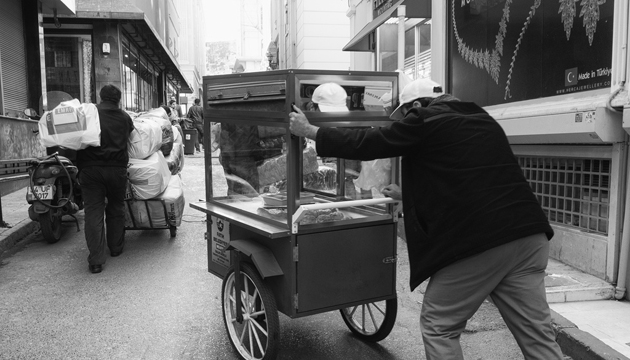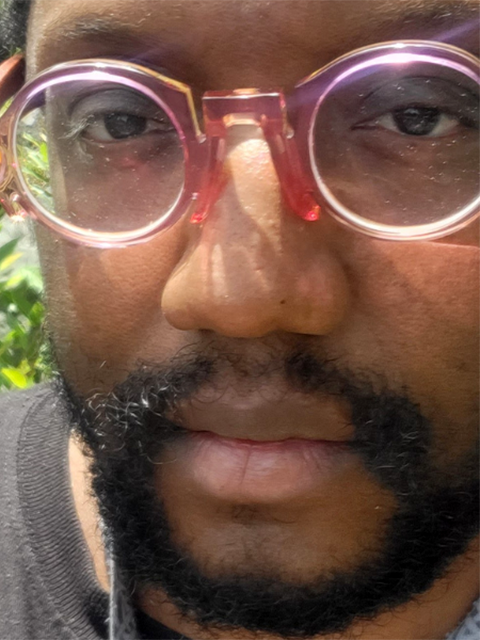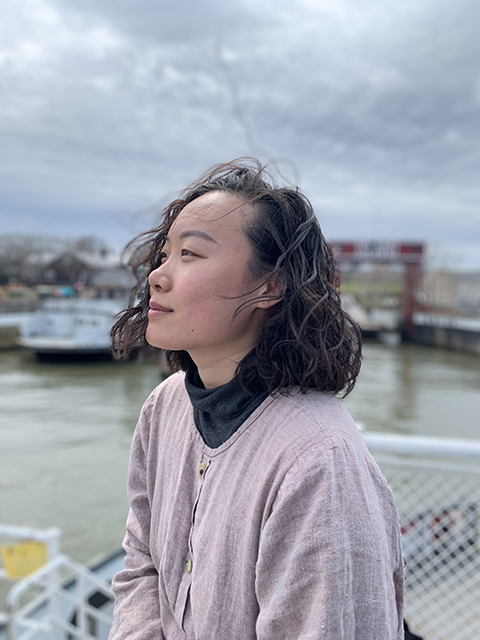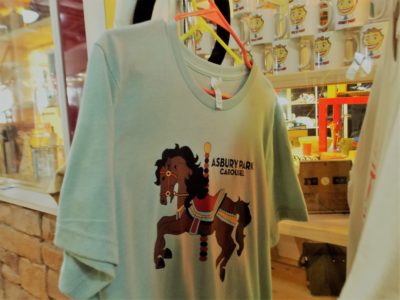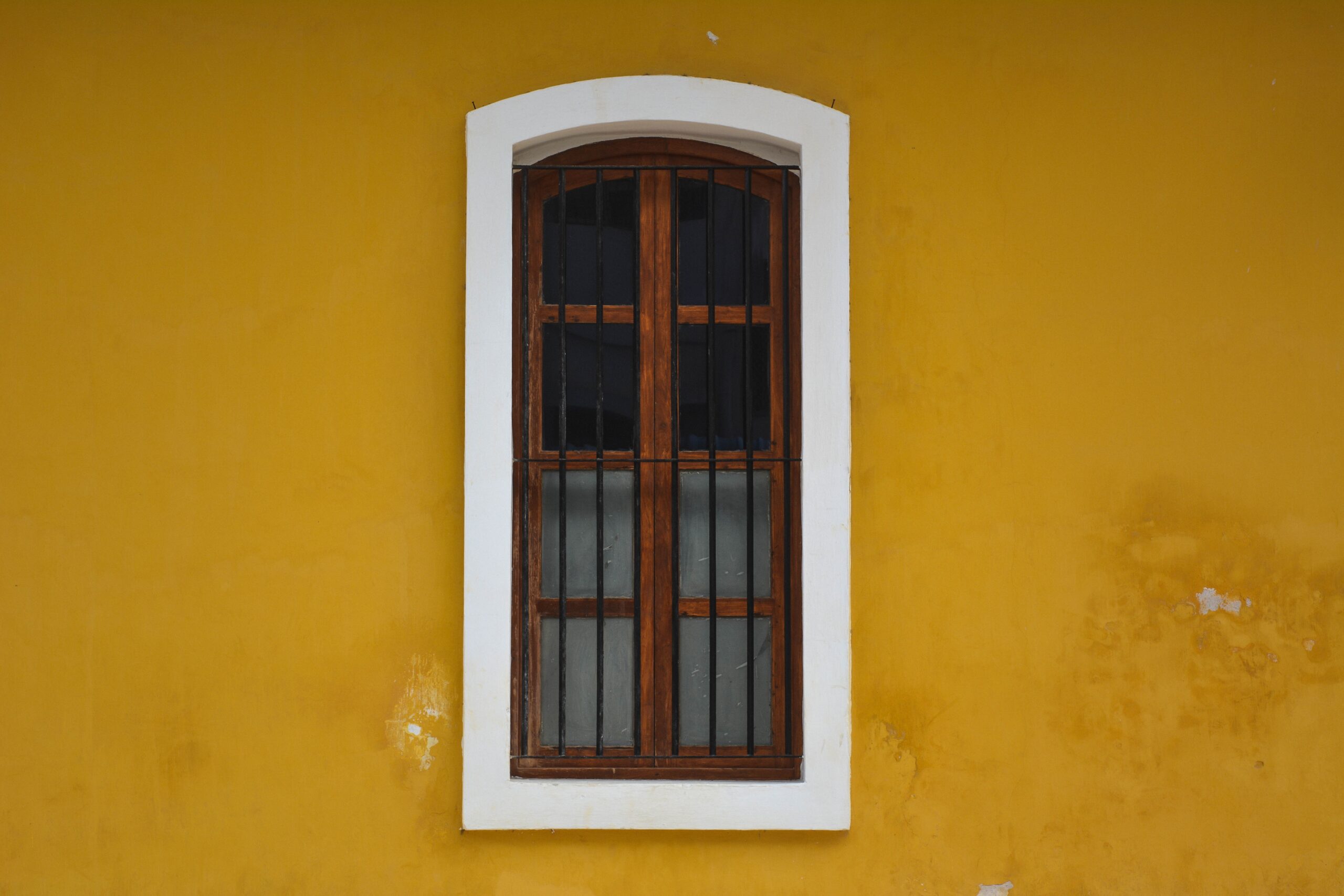Part instruction manual for living, part mourning song and meditation on America, Rennie Ament’s aptly titled chapbook, “French Braid,” weaves stories of being both at home and not at home in the world. The 2018 Anzaldúa Poetry Prize finalist braids lived experiences with the absurd, painting strikingly vivid, arresting scenes that rouse readers’ emotions and intellect. As she writes, “you have to be the explosion you wish to see,” and her poetry is precisely that: an explosion that we all need to see.
Rennie Ament’s work has appeared in Colorado Review, Sixth Finch, Redivider, Yalobusha Review, minnesota review, The Journal, DIAGRAM, and elsewhere. She is the winner of the 2018 Yellowwood Prize in Poetry from Yalobusha Review and a nominee for both the Pushcart Prize and Best New Poets. She’s also received fellowships from the Millay Colony, the Saltonstall Foundation, the New York State Summer Writers Institute and the Vermont Studio Center. She lives in New York City.
Jamie Wagman: I would love to hear a bit about your writing life and your process. What’s influenced your writing? When did you first know you were a writer, and what has your journey as a writer been like? What delights and what scares you most as a writer?
Rennie Ament: Poem-wise, I don’t pay attention to semantics at first. I’ll give myself some kind of formal constraint (a sonnet, “e” the only vowel allowed, words can only come from a specific source text), but mostly I want to play in language and surprise myself. It’s fun to scribble gibberish until something sounds both strange and true.

